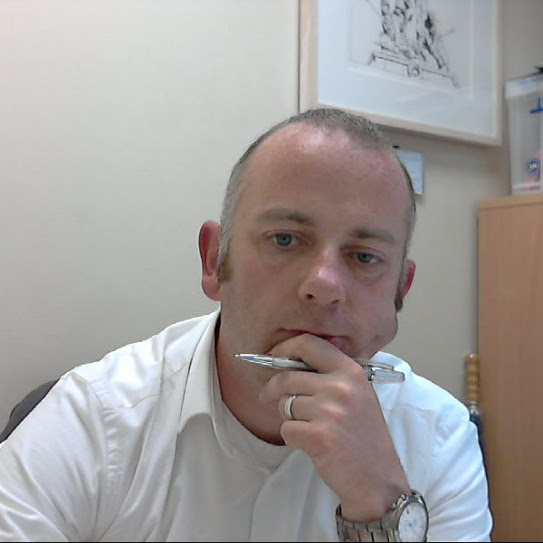Natio est omnis Gallorum admodum dedita religionibus
The people of Gaul think a lot of ritual activities
Julius Caesar
Classic sources:
Three-fold learned order in Gaul:
Druids, Vates, Bards
Have varying degrees of prophetic, magical and religious powers
Gundestrup Cauldron, Denmark
La Tène, Lake Neuchâtel, Switzerland
Strabo gives the following account:
“… they have a barbarous and absurd custom, common however with many nations of the north, of suspending the heads of their enemies from their horses’ necks on their return from battle, and when they have arrived nailing them as a spectacle to their gates.”
Roquepertuse was a sanctuary where the only permanent residents were priests.
It was destroyed by the Romans in 124 BC and was re-discovered in 1860.
Main phases date to the 3rd century BC, but may have begun in the 5th or 6th century BC.
Evidence of dual-faced sculptures
Columns with cavities for human skulls
Bog bodies of North-Western Europe:
Violent death
Clothes but rarely any objects
In bog-pools, held down
Physically good condition, but often malformation
Oldcroghan Man, Co. Offaly
Oldcroghan Man, Co. Offaly
Clonycavan Man,
Co. Meath
Clonycavan Man,
Co. Meath
Kelly, E.P. 2006. Secrets of the Bog Bodies: the enigma of the Iron Age explained. Archaeology Ireland 20(1), 26-30.
How to use this blog...
This blog allows you to explore some archaeological themes, periods and places. You can do this by: clicking the dates on the left to select particular posts; enter a term (e.g. Newgrange) in the search box below; scroll down and visit the Archaeology News section on the left.
